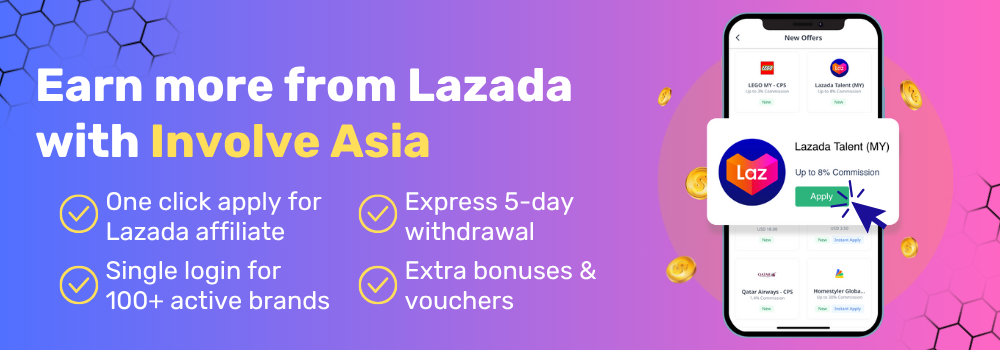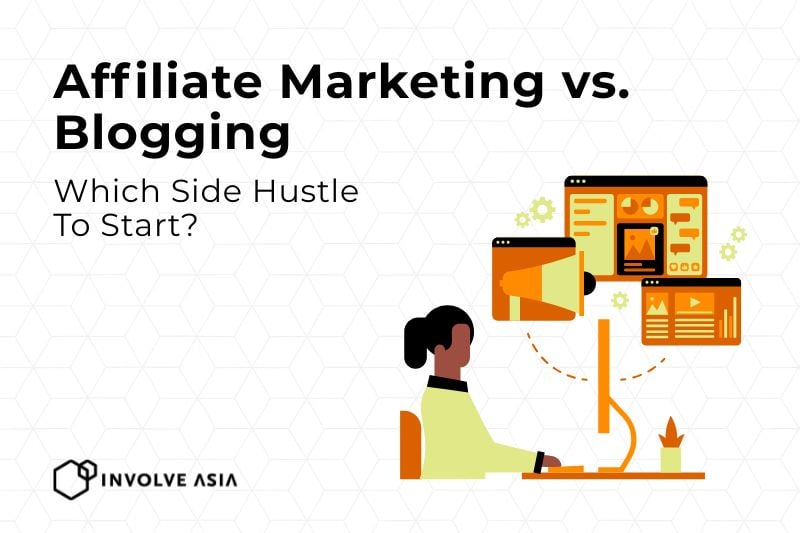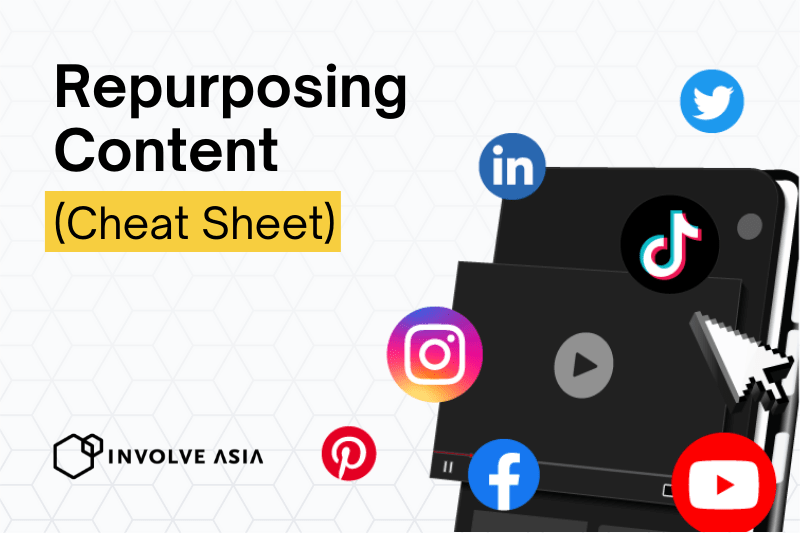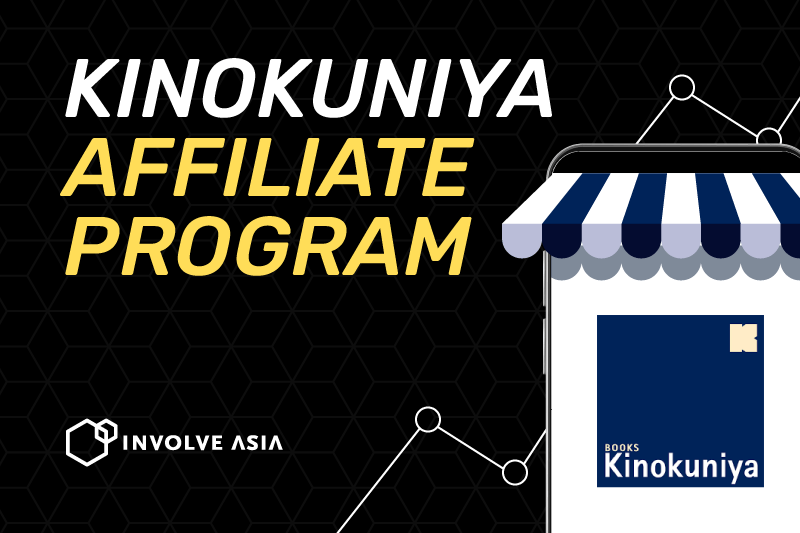Looking for a profitable side hustle to earn money online? Two of the most popular passive income methods are affiliate marketing and blogging.
While both offer great earning potential, they require different skill sets, levels of effort, and time investment. Affiliate marketing is all about promoting products and earning commissions, whereas blogging allows you to create valuable content and monetize through ads, sponsorships, and affiliate links.
But which is the better choice for you? Let’s explore the benefits, challenges, and key differences to help you decide!
What is Affiliate Marketing?
Affiliate marketing is a performance-based marketing model where individuals (affiliates) earn commissions by promoting third-party products or services through unique tracking links. This method is ideal for those who want to generate passive income by leveraging SEO, social media, and content marketing.
How Affiliate Marketers Earn Money
Affiliate marketers generate income through different commission structures:
- Pay-Per-Sale (PPS) – Earn a percentage of the sale when a customer purchases through your affiliate link.
- Pay-Per-Click (PPC) – Get paid based on the number of clicks your affiliate link receives.
- Pay-Per-Lead (PPL) – Earn commissions when users complete actions such as signing up for a free trial or subscribing to a service.

Benefits of Affiliate Marketing
- Passive income potential – Earnings can continue without active work after setup.
- Low startup costs – No need to handle products, inventory, or customer service.
- Scalability – Promote multiple products across different niches.
- Flexibility – Work from anywhere and choose your own schedule.
- Diverse traffic sources – Leverage SEO, social media, paid ads, and email marketing.
Challenges of Affiliate Marketing
- High competition – Many affiliates promote the same products.
- Traffic dependency – No visitors means no sales.
- Delayed payouts – Some programs have 30-90 day payment cycles.
- SEO and algorithm changes – Google, YouTube, and social media constantly update ranking factors.
What is Blogging?
Blogging involves creating written content on a website, often centered around a specific niche such as travel, health, finance, technology, or lifestyle. Bloggers generate income in multiple ways, making it a diverse online business model.
How Bloggers Earn Money
Bloggers can monetize their content through several income streams:
- Advertising – Display ads via Google AdSense, Mediavine, or Ezoic.
- Sponsored content – Get paid by brands to promote their products or services.
- Affiliate marketing – Earn commissions by adding affiliate links within their blog posts.
- Selling digital products – Create and sell ebooks, courses, templates, and memberships.
- Freelance writing – Use your blog as a portfolio to attract writing clients.
Read: How to make money blogging for beginners
Benefits of Blogging
- Multiple income streams – Earn from ads, sponsorships, affiliate marketing, and product sales.
- Long-term authority – Establish credibility and become an expert in your niche.
- Creative control – You own and control your content, unlike on social media platforms.
- SEO potential – High-ranking blog posts can generate consistent organic traffic for the long term.
- Diverse monetization – Unlike affiliate marketing, you’re not solely reliant on product commissions.
Challenges of Blogging
- Time-intensive – Requires consistent content creation and updates.
- SEO learning curve – Need to optimize for search engines to rank well.
- Slow revenue growth – Blogging can take 3-6 months to generate substantial income.
- Content marketing pressure – Must continuously produce high-quality, engaging content.
Key Differences: Affiliate Marketing vs. Blogging
| Factor | Affiliate Marketing | Blogging |
| Income Model | Commission-based | Multiple revenue streams (ads, sponsors, products) |
| Startup Costs | Low (website, domain, hosting) | Medium (hosting, plugins, email marketing) |
| Scalability | High | High, but requires consistent content creation |
| Time Investment | Moderate | High (regular blogging required) |
| Control Over Earnings | Medium (reliant on affiliate programs) | High (multiple income sources) |
Which One is Better for Beginners?
Affiliate marketing is ideal for those who want quick monetization without writing long-form content. Blogging is best for those who enjoy writing and want to build a long-term brand with multiple income streams.
Which Side Hustle is More Profitable?
- Short-term: Affiliate marketing can generate faster income if you have the right traffic strategy.
- Long-term: Blogging offers higher earning potential by diversifying income sources.
How to Get Started with Affiliate Marketing
- Choose a profitable niche (health, finance, tech, etc.).
- Sign up for affiliate programs like the ones on Involve Asia.
- Create content (blogs, YouTube videos, social media marketing).
- Drive traffic through SEO, email marketing, and ads.
- Optimize conversion rates and scale your earnings.
How to Get Started with Blogging
- Pick a niche and buy a domain.
- Set up a blog using WordPress.
- Write SEO-optimized blog posts to rank on Google.
- Monetize with ads, affiliate links, and digital products.
- Grow your audience through email marketing and social media.

Conclusion
Both affiliate marketing and blogging offer great opportunities for making money online. If you want passive income with less content creation, choose affiliate marketing. If you enjoy writing and want diverse income streams, blogging is the way to go.
The smartest strategy? Combine both to maximize your earning potential!
👉 Sign up here to start affiliate marketing with Involve Asia
Frequently Asked Questions (FAQs)
Can you make $100 a day with affiliate marketing?
Yes, making $100 a day with affiliate marketing is possible with the right strategy. Success depends on factors like choosing a profitable niche, driving targeted traffic, and promoting high-converting products. The best ways to reach this income goal include SEO-optimized blog posts, YouTube videos, social media marketing, and email funnels.
Many affiliates leverage high-ticket affiliate programs and recurring commissions to scale earnings. While it takes time to build momentum, consistent efforts in content marketing, paid advertising, and conversion optimization can help you generate $100 or more per day in affiliate commissions.
Is blogging better than affiliate marketing?
Blogging and affiliate marketing serve different purposes, but blogging is often the best platform to support affiliate marketing. A well-established blog can attract organic traffic through SEO and help monetize content via affiliate links, display ads, and sponsored posts.
Affiliate marketing is a business model, while blogging is a content strategy that enhances affiliate marketing success. If you want a long-term digital asset, blogging is the way to go. However, if you prefer quicker earnings, affiliate marketing through social media, YouTube, or paid ads can be more effective.
Can you be an affiliate marketer without a blog?
Yes, you don’t need a blog to start affiliate marketing. You can promote affiliate products through platforms like YouTube, Instagram, TikTok, Facebook, Pinterest, and email marketing. Many successful affiliates generate income by leveraging social media marketing, PPC (pay-per-click) advertising, and influencer collaborations.
You can also use landing pages, forums, and affiliate-friendly platforms to drive traffic to your affiliate links. While a blog helps with SEO-driven passive income, it’s not mandatory. If you focus on high-engagement platforms and use targeted content strategies, you can earn commissions without ever running a blog.
Can I use Blogger for affiliate marketing?
Yes, Blogger can be used for affiliate marketing, but it has limitations compared to self-hosted platforms like WordPress. Since Blogger is free and easy to set up, it’s a good starting point for beginners. You can write SEO-optimized blog posts, insert affiliate links, and drive traffic from search engines and social media.
However, Blogger has fewer customization options, and some affiliate networks prefer self-hosted websites. If you’re serious about long-term affiliate marketing success, consider moving to a WordPress blog for better monetization, branding, and growth opportunities over time.








